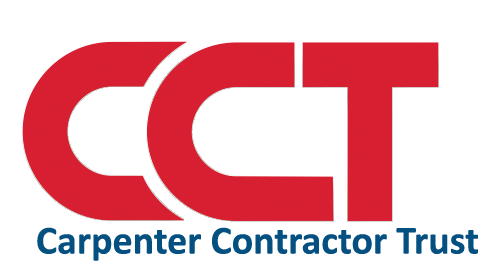By Kelvin Jordan on the Baltimore Sun
As the city of Baltimore and the wider region grapple with the aftermath of an unthinkable tragedy, we must mourn the six men who lost their lives in the Francis Scott Key Bridge collapse last month, and never forget how fragile life can be, especially on a job site — any job site.
We also must recognize that we are at a crossroads. How we choose to rebuild will shape the physical landscape of our city and define our commitment to our workers, our communities and our children.
We must seize this moment as an opportunity to rebuild responsibly, safely. We must rebuild with a highly trained local workforce that is paid prevailing wages. And we must rebuild around responsible union contractors who partner with minority-owned businesses.
Look no further than the recent repair of the I-95 bridge up the road in Philadelphia for inspiration.
Led by highly skilled union workers, this project showcased the capabilities of local union labor to tackle complex infrastructure challenges. From carpenters to ironworkers, laborers to operating engineers, the union trades ensured astonishing success while prioritizing safety and quality while working together.
As Pennsylvania Gov. Josh Shapiro wrote in an op-ed in the Washington Post: “The collaborative approach extended to our private contractors and organized labor. Some politicians may criticize unions, but here in Pennsylvania we saw a proud and diverse group of more than 200 members of the Philadelphia Building Trades work around the clock, through heat and rain and Father’s Day weekend, to get the job done safely and with tremendous skill.”
It is time Baltimore’s elected leaders made a real and lasting commitment to union labor and minority-owned businesses like mine. It’s not just about creating safer, better-paying jobs; it’s about investing in our workforce, providing essential training and ensuring safer job sites. It’s about taking the first big step toward working together.
By embracing union labor, we also provide our members a clear path to the middle class, so they can put down roots in our communities, send their kids to college and pump hard-earned dollars into the local economy. We also must support local contractors who demand a better-qualified workforce, one drawn from your neighbors. Union pile drivers, according to DMV officials with the Eastern Atlantic States Regional Council of Carpenters, already lead the way in minority numbers in the region with 65% of them Black and 85% overall minority.
To be clear, I am not advocating for specific contractors or one specific union, but rather unity across all trade unions and contractors. Carpenters, ironworkers, laborers, divers, operators, pile drivers, millwrights — the list goes on. Together, we can rebuild Baltimore stronger.
Baltimore historically has lagged behind cities such as Philadelphia and New York in trade union membership and pay. The disparity is especially jarring among divers.
The divers coming out of school who I’m meeting are making roughly $24 an hour in Baltimore — after investing tens of thousands of dollars in training and equipment. On my supervisor jobs, I might top out at $40 to $45. Neither has fringe benefits. In Philadelphia, the prevailing wage for divers, according to current data from the Eastern Atlantic States Regional Council of Carpenters, is $58.41, plus $41.89 in fringe benefits, union protections and access to continuing training. In Baltimore, benefits and protections are scarce because union dives are equally scarce.
How and why that happened is not important today. We have ground to makeup and opportunities ahead.
The immediate opportunity rests with government officials and their ability to make the Key Bridge job a Project Labor Agreement, or PLA.
PLAs have been around for generations but recently experienced a rebirth as community leaders better understand the benefits. PLAs cap costs, ensure the highest quality work and harness the expertise of our local workforce. Wouldn’t it be great if many of the project workers came from our city and the surrounding communities?
And who do you think will be more invested in leaving behind the highest quality work? A local union member whose children will be driving over the bridge in five, 10 or 20 years? Or someone who has been imported to work for low wages while living in short-term housing?
So, c’mon, Baltimore, let’s work together toward a future where responsible, union-led construction defines our city’s skyline. Together, we can rebuild the right way — safer, stronger and with our local workforce. We can make a better future in honor of those men who lost theirs: Alejandro Hernandez Fuentes, Dorlian Ronial Castillo Cabrera, Maynor Yassir Suazo Sandoval, Miguel Luna, Jose Mynor Lopez and Carlos Hernandez.
Kelvin Jordan (kj2dotcom@gmail.com) is owner/operator of JP Developments, an underwater consulting firm based in Baltimore. Jordan has 24 years of diving experience and has worked extensively on the Key Bridge site prior to the collapse.
